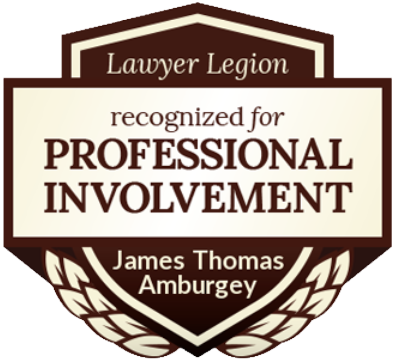Felony Murder Defense in North Carolina
Felony murder is a serious criminal charge in North Carolina that applies when a death occurs during the commission of a felony, regardless of intent. Unlike traditional murder charges, felony murder does not require premeditation or malice—only that the accused participated in a felony that resulted in a fatality. This means that even if a person did not directly cause the death, they can still face the same severe penalties as first-degree murder, including life in prison without parole or the death penalty. Because of the broad scope of the felony murder rule, a strong defense is critical.
What Constitutes Felony Murder?
North Carolina law states that any death occurring during the commission or attempted commission of a felony may be prosecuted as felony murder. Common felonies that lead to felony murder charges include armed robbery, burglary, kidnapping, sexual assault, arson, and drug trafficking. Even if the defendant did not personally kill the victim, they can still be convicted if the death was a foreseeable consequence of the felony. For example, if an armed robbery leads to a shootout and someone is killed, all participants in the robbery could be charged with felony murder.
Penalties for Felony Murder in North Carolina
Felony murder is automatically classified as first-degree murder, carrying a mandatory sentence of life in prison without the possibility of parole. In certain cases, it can also result in capital punishment under North Carolina’s death penalty laws. These harsh penalties apply regardless of intent, making felony murder one of the most strictly punished offenses in the state. In addition to imprisonment, a conviction can result in civil lawsuits from the victim’s family, long-term consequences on employment, and permanent loss of rights.
Defending Against Felony Murder Charges
The best defense against felony murder charges often involves challenging the prosecution’s claim of participation in the underlying felony. If the accused did not take part in the felony or was unaware of the criminal activity, they may have a valid mistaken identity or lack of involvement defense. Additionally, proving that the death was not a foreseeable consequence of the felony may help reduce charges. Constitutional violations—such as unlawful searches, coerced confessions, or improper police procedures—can also be used to challenge the prosecution’s case.
Key Takeaways About Felony Murder Charges
- Felony murder applies when a death occurs during the commission of a felony, regardless of intent.
- It is charged as first-degree murder, carrying life without parole or the death penalty.
- Defense strategies focus on lack of participation, absence of foreseeability, and constitutional violations.
- A skilled attorney can work to challenge evidence, negotiate charges, or seek dismissal.
Trust Thomas Amburgey to Build Your Defense
A felony murder charge carries some of the most severe penalties under North Carolina law, making it essential to have an experienced defense attorney. Attorney Thomas Amburgey, a Board Certified Specialist in State Criminal Law, has successfully defended clients in homicide and capital offense cases. His background as a former prosecutor gives him a unique perspective on how the state builds its case—allowing him to strategically counter the prosecution’s arguments. Contact Amburgey Law today for a confidential consultation and start protecting your future.
Recent Articles


CERTIFIED LEGAL SPECIALIST

THE LEGAL ELITE

Best Lawyers in America





